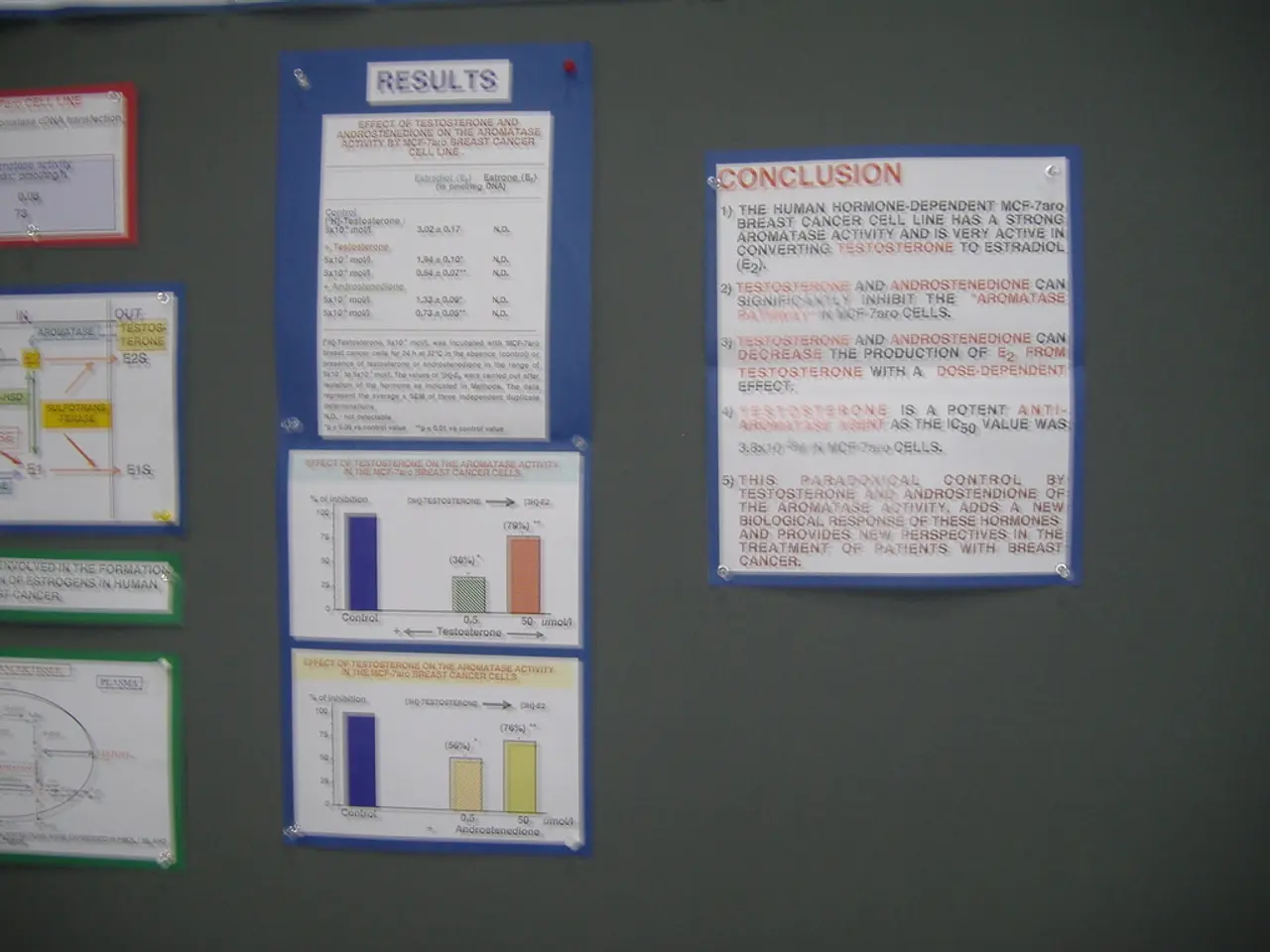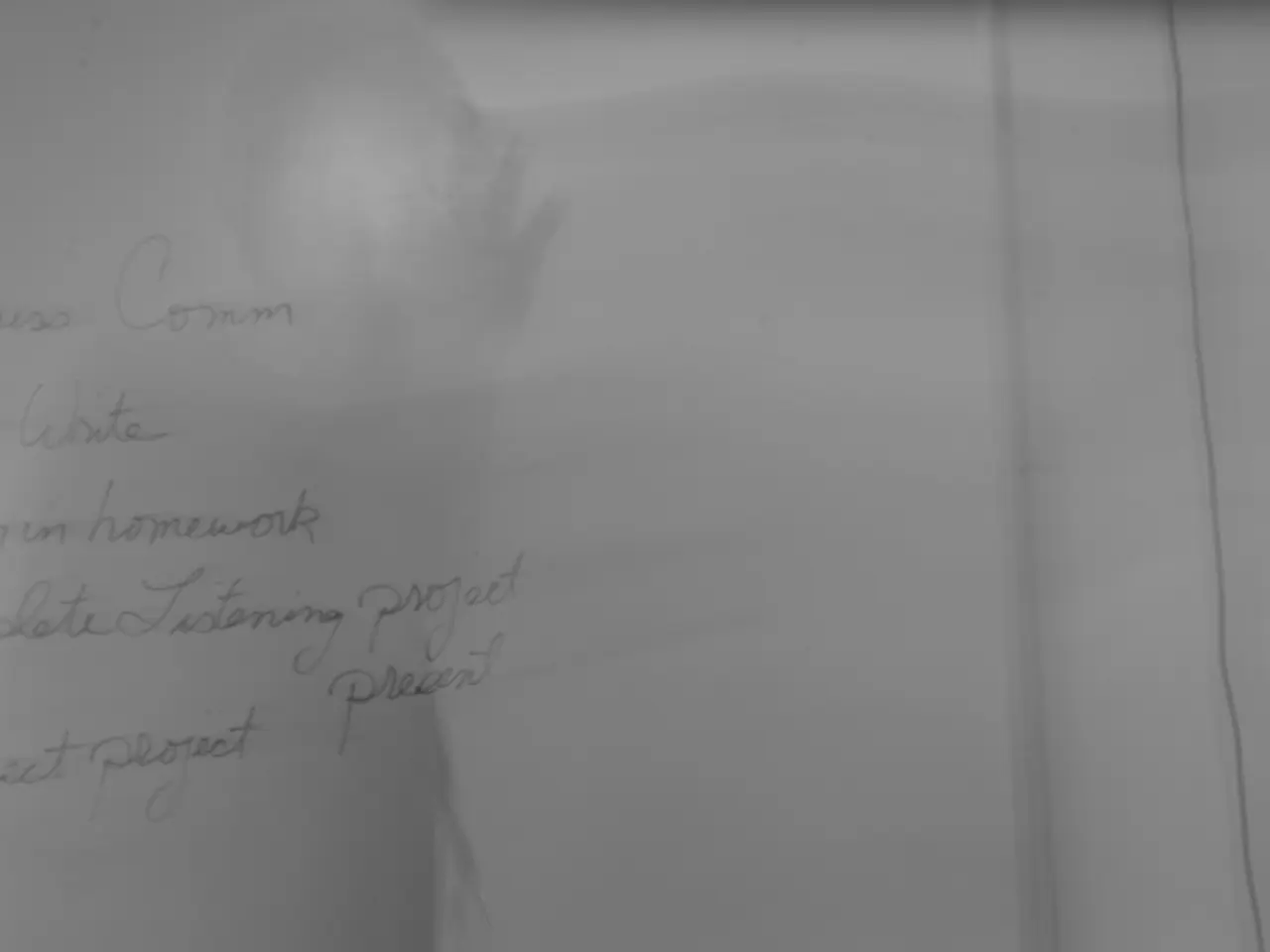Urban Center Maintains Vitality, Persists in Existence
Grevenbroich, Germany: City Council Approves 2025 Budget Amidst Challenging Economic Conditions
In a meeting on December 12, 2024, the city council of Grevenbroich approved the budget for the year 2025, with a significant majority. The budget outlines the city's capacity to act and establishes clear priorities in education, sports, infrastructure, and social projects. The decision was made despite the council members from independent parties casting two dissenting votes.
According to the results plan, the city anticipates revenues of €207.4 million in 2025, with projected expenses amounting to €242 million. After subtracting global under-expenditures, a deficit of around €30.9 million remains. However, this deficit remains below the threshold that would trigger a budget consolidation. The deficit is planned to be balanced by drawing from the equalization reserve (€14,260,978) and the general reserve (€16,636,538).
Mayor Klaus Krützen emphasized, "Despite challenging framework conditions, the city of Grevenbroich remains capable of acting. We are implementing important projects and sustainably investing in the future of our city. The unanimous decision on the budget underscores the agreement of all parties to go down this path together."
The city plans to invest approximately €200 million in projects by 2028. In 2025 alone, €45 million will be allocated, with €10.7 million allocated to schools, €4.7 million to the fire department, and €2.7 million to sports facilities. The focus of these investments centers on the renovation and expansion of educational and sports facilities, modernization of infrastructure, and the development of the Frimmersdorf former power plant site, which is projected to lose its economic basis by 2030.
In connection with the real estate tax reform, the council also decided on the new assessment rates for real estate tax A and B, which will be levied exclusively under the new law as of January 1, 2025. This adjustment is revenue-neutral and ensures that the city will continue to receive the same income from real estate tax as it currently does.
"Budget 2025 demonstrates that Grevenbroich stands on a solid foundation even in challenging times. With clear priorities, we are investing in our city and creating future prospects for all citizens," said Mayor Krützen in a statement from the city of Grevenbroich's press office.
Although Grevenbroich has managed to avoid budget consolidation, the city's ability to maintain this fiscal stability depends on the state and federal governments not imposing excessive demands without providing the necessary funds. According to rumors, hundreds of municipalities in North Rhine-Westphalia have already slipped into budget consolidation due to insufficient revenue coverage, and neither fee nor tax increases can addresses this issue.
With its technical contributions to the renewable energy sector and recent expansion of its grid testing facilities, Grevenbroich finds itself in a competitive position. The city's focus on green technology and infrastructure is likely to benefit from ongoing structural changes in the labor market and increased investment in clean technologies nationwide.
(Source: City of Grevenbroich Press Office)
The city council's unanimous approval of the 2025 budget in Grevenbroich, despite economic challenges, indicates a significant commitment to finance and investment in the city's future, particularly in areas such as education, infrastructure, and social projects. In the political landscape, this move may signal a general-news emphasis on sustainability and economic resilience.
The allocation of €45 million in 2025 for projects, including renovation of educational and sports facilities, modernization of infrastructure, and the development of the Frimmersdorf former power plant site, underscores the city's financial priorities, shaping the discourse around local finance and politics.




